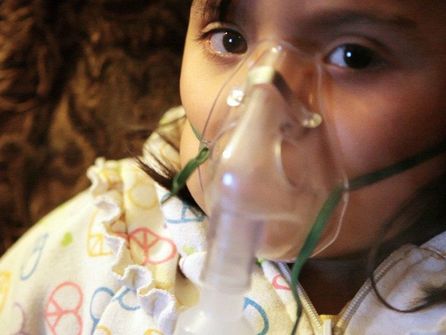EPA Comment Letter:
HANDS OFF CLEAN CAR RULES
Sign health professional comment letter below
HANDS OFF CLEAN CAR RULES
Sign health professional comment letter below
The EPA wants to freeze fuel economy standards and revoke the right of states to follow stricter standards. Sign on to health professional comment letter below.
Docket EPA-HQ-OAR-2015-0827.
Comment OPPOSING Reconsideration of Midterm Evaluation of Light Duty Vehicle GHG Standards
The Clean Air Act requires the EPA to set standards for vehicle emissions of pollutants which protect public health. Weakening or delaying implementation the 2021-2025 standards for light duty vehicles would do the opposite, resulting in thousands of hospital admissions and preventable deaths each year (EPA, 2014). As health professionals we believe such action would be highly inappropriate.
The EPA evaluated the health impact of reduced air pollution from the 2015-2025 CAFE standards in 2014 and found that by 2030 the monetized annual health benefits of cleaner cars ($12 billion) far outweigh the cost ($1.5 billion) (EPA, 2014). The model used by the EPA underestimates the health harms of vehicle pollution because it only counts the effects of criteria and toxic pollutants and ignores the significant health impacts of climate change, which include further degradation of air quality (USCHA, 2016). These impacts cumulatively and disproportionately affect the young, the elderly, people with chronic disease, low income communities, and people of color; the most vulnerable members of the population:
US car manufacturers are not having any problem complying with existing standards and will have to keep up with foreign automakers to maintain their share of the market. Opening CAFE standards to reconsideration would risk jobs and health. We must move faster, not slower, to make cleaner cars.
REFERENCES
Ji, H. Air pollution, epigenetics, and asthma Ji, H et al Allergy, Asthma & Clinical Immunology201612:51
https://doi.org/10.1186/s13223-016-0159-4
US EPA , Final Rule for Control of Air Pollution from Motor Vehicles: Tier 3 Motor Vehicle Emission and Fuel Standards, 2014
US Global Change Research Program, The impacts of climate change on human health in the United States: A Scientific Assessment 2016 https://health2016.globalchange.gov/
Comment OPPOSING Reconsideration of Midterm Evaluation of Light Duty Vehicle GHG Standards
The Clean Air Act requires the EPA to set standards for vehicle emissions of pollutants which protect public health. Weakening or delaying implementation the 2021-2025 standards for light duty vehicles would do the opposite, resulting in thousands of hospital admissions and preventable deaths each year (EPA, 2014). As health professionals we believe such action would be highly inappropriate.
The EPA evaluated the health impact of reduced air pollution from the 2015-2025 CAFE standards in 2014 and found that by 2030 the monetized annual health benefits of cleaner cars ($12 billion) far outweigh the cost ($1.5 billion) (EPA, 2014). The model used by the EPA underestimates the health harms of vehicle pollution because it only counts the effects of criteria and toxic pollutants and ignores the significant health impacts of climate change, which include further degradation of air quality (USCHA, 2016). These impacts cumulatively and disproportionately affect the young, the elderly, people with chronic disease, low income communities, and people of color; the most vulnerable members of the population:
US car manufacturers are not having any problem complying with existing standards and will have to keep up with foreign automakers to maintain their share of the market. Opening CAFE standards to reconsideration would risk jobs and health. We must move faster, not slower, to make cleaner cars.
REFERENCES
Ji, H. Air pollution, epigenetics, and asthma Ji, H et al Allergy, Asthma & Clinical Immunology201612:51
https://doi.org/10.1186/s13223-016-0159-4
US EPA , Final Rule for Control of Air Pollution from Motor Vehicles: Tier 3 Motor Vehicle Emission and Fuel Standards, 2014
US Global Change Research Program, The impacts of climate change on human health in the United States: A Scientific Assessment 2016 https://health2016.globalchange.gov/
Proudly powered by Weebly

